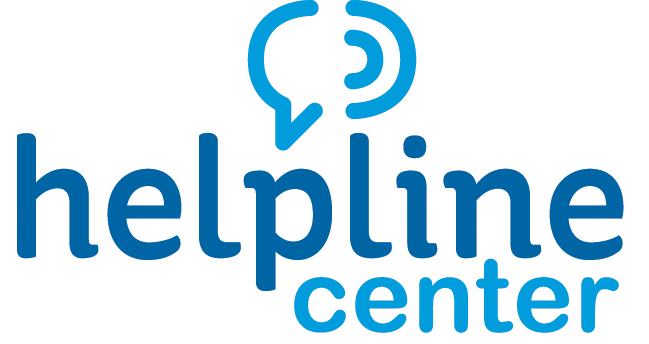Harm Reduction for Substance Use
According to the Substance Abuse and Mental Health Services Administration (SAMSHA), harm reduction is a method of working with people who use drugs to prevent overdoses, infectious disease transmission and improve their overall wellbeing. It also encourages them to seek treatment.
Some steps in harm reduction may include:
- Get rest. When a body is tired and overworked, it’s at higher risk for adverse health experiences.
- Avoid dehydration and malnourishment.
- Drink plenty of water.
- Before using substances, eat a nutritious meal.
- Take vitamins to replace those lost through use. Always consult with a physician about what vitamin regimen is best.
- Maintain hygiene.
- Shower and wash hands regularly. Soap and water are preferred but when access to this is limited, use hand sanitizer.
- If using substances intravenously (IV), make sure injection sites are cleaned before use to avoid infection.
- Brush teeth with toothbrush and toothpaste.
- Use safer injecting supplies (such as sterile injecting equipment).
- Have access to Naloxone, also known as Narcan. This can be obtained over the counter at a variety of retail outlets and reverses the effects of opiate drugs. For more information, view our Naloxone HelpSheet.
- When available, use drug testing kits to make sure the substance being used is what the consumer believes it to be. Substances can often times be cut or laced with other substances.
- Have a safety contact person that can be reached if additional help or support is needed. Help is available 24/7 by calling 211 or 988. If there is a medical emergency, call 911.
- Do not use substances when alone. If an overdose should happen to occur due to opioid use, it’s important someone is there to administer Naloxone and call 911.
- Because substance use can sometimes lead to higher risk sexual behavior, maintain access to condoms.
Community Resources to help Support
- There are resources that may be able to assist with housing, food and other basic need services in the community. To get connected with these services, call the Helpline Center at 211.
- Medication-Assisted Treatment (MAT) is the use of medications, in combination with counseling and behavioral therapies, to provide a “whole-patient” approach to the treatment of substance use disorders (SUD).
- Schedule preventive health care screenings such as yearly doctor visits and routine dental check-ups.
- If a lifestyle change is wanted, help is available 24/7 by calling the SD Resource Hotline at 800-920-4343.
Sources:
Substance Abuse and Mental Health Services (SAMHSA)
National Institute on Drug Abuse
Disclaimer: This HelpSheet is developed by the Helpline Center. HelpSheets provide a brief overview of the designated topic. For more information, call 211 or text your zip code to 898211.
Updated: March 2024






